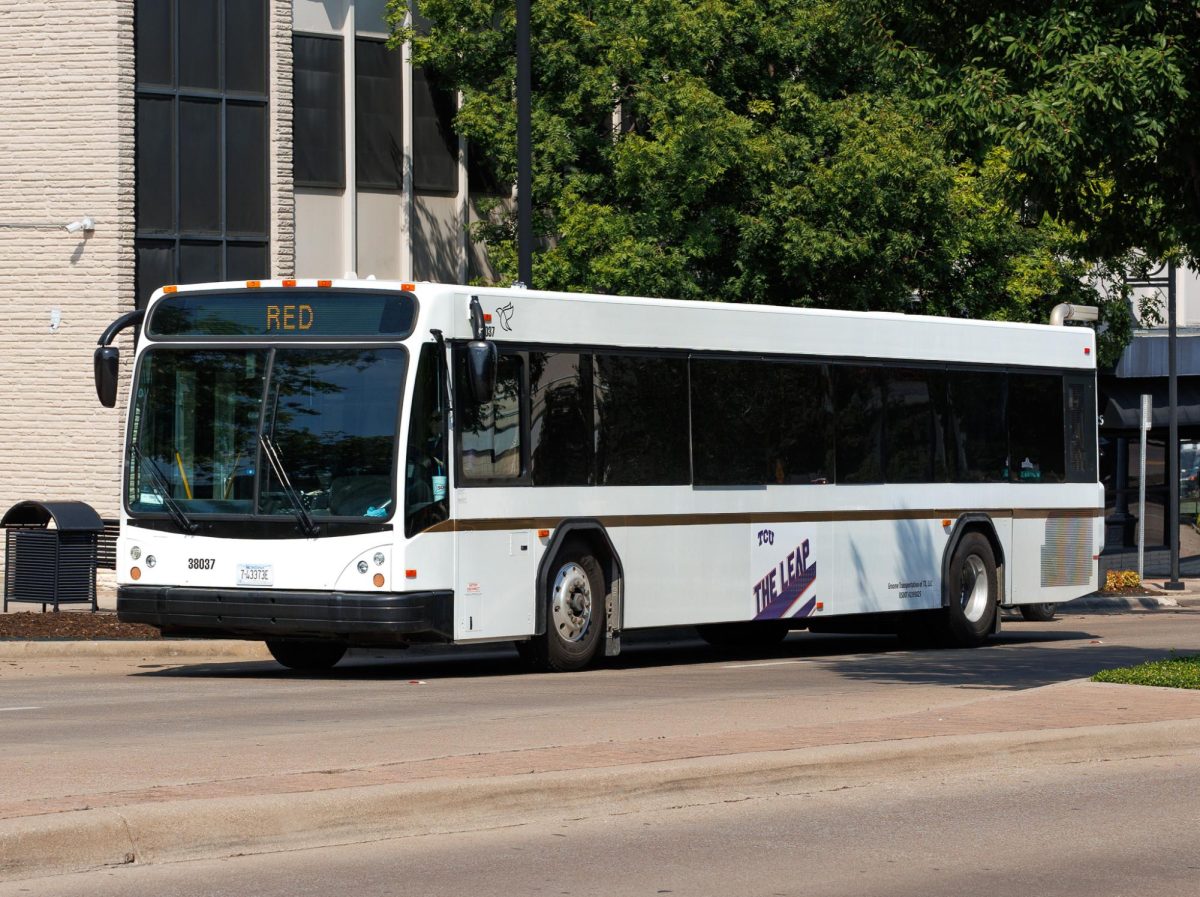“Congress shall make no law respecting an establishment of religion, or prohibiting the free exercise thereof; or abridging the freedom of speech, or of the press; or the right of the people peaceably to assemble, and to petition the Government for a redress of grievances.”
Read that last part again: “Or the right of the people peaceably to assemble, and to petition the Government for a redress of grievances.” Protesting is a part of our cultural DNA as Americans and a guaranteed right under the First Amendment of the Constitution. Our ability to express ourselves through protest is what sets us apart from most of the world, and there is absolutely nothing wrong with that. However, protesting should be a last resort, an act of desperation. Instead, it was the first thing students could think to do when an e-mail was sent out last Tuesday explaining a 6.5 percent tuition increase for the 2012-2013 school year.
Within minutes of the e-mail being sent out, the students’ anger went viral. Facebook statuses and tweets complaining about the increase were clogging up my news feed, and what started as a joke became a movement-Occupy Sadler.
Within 24 hours, there was an event on Facebook and a hashtag following on Twitter. The actual protest was last Thursday, but it became more of a discussion with Chancellor Boschini than an actual protest. What I want to know is, why now? Tuition has routinely increased every year in order to pay for faculty, financial aid, current facilities and student services, among other things. People should already know that a tuition increase might happen while they go here.
Obviously, the Occupy Wall Street movement was the inspiration for this movement. If OWS had not happened, then Occupy Sadler would not have happened. Instead of talking to Financial Aid about the tuition increase or trying to have a legitimate discussion, our first instinct was to protest. That should not happen-we have a chain of command system in administration for a reason. If Chancellor Boschini had heard all of the students’ complaints and just decided to not talk about the issue at all, it would be another story. But he did not. He actually attended Occupy Sadler, and turned the protest into what it should have been all along-a discussion.
Furthermore, this protest brings up another question: What happens if we decided to protest everything we did not like at TCU? Let’s say that I hate the food at the BLUU and think I should get better food for my money. Should I protest that? What about the amount of available parking spots? Or the amount of hours needed to graduate? If all of these things were protested against, it would lower the impact of what an actual protest should be-a last-ditch effort to let the government (or administration, in this case) know that you mean business. Done in the way of Occupy Sadler, a protest will not accomplish anything; it just creates controversy. Actually creating a dialogue about the issue will accomplish things.
Jake Harris is a sophomore journalism major from Wahiwa, Hawaii.




